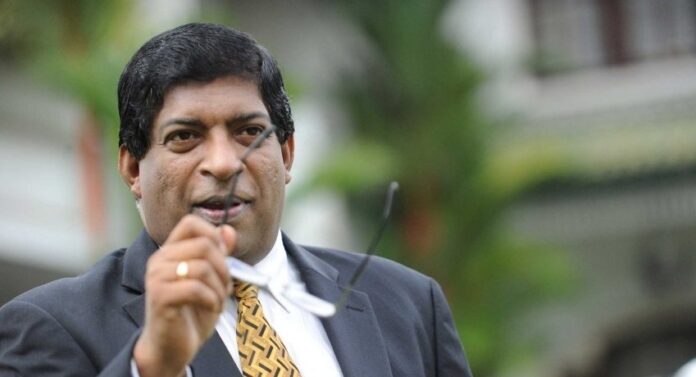By: Staff Writer
Colombo (LNW): Sri Lanka’s State owned Enterprises in strategic sector links to day to day activity of the people are set to undergo reforms and other public enterprises engaged in commercial activities face performance optimization more efficiently and effectively under public private ownership, a former finance minister disclosed.
Majority of these entities are inefficient and wasteful, but now the government is determined to change things with SOE restructure plans moving even more SOEs into competitive markets.
These 527 SOEs and 52 of them are identified as strategically important will be operated with private sector investment, generate revenues for the state, reduce the administrative burden on the state, and distribute ownership partially and management more widely to the private sector, former finance minister Ravi Karunannayake said.
The restructure tool is used to improve their financial and operational performance and to make them operate on the strength of their balance sheets, he pointed out adding that measures were also taken to reduce the flow of public funds to SOEs.
All these structural measures will enable Sri Lanka to strengthen the governance of SOEs and make them financially viable while alleviating their burden on public finances.
He suggested that Sri Lanka should follow the Temasek model of Singapore which is operated on a competitive basis, where the Government has no intervention in business.
He emphasized that according to official data 39 of the 52 strategically important public institutions are making profits while 13 of them are still making losses.
The losses incurred by 13 public institutions currently amount to Rs 1,029 billion while the profits made by the 39 enterprises are at Rs 218 billion, he said.
He also highlighted that the annual loss made by the public institutions is more than Rs 811 billion, adding that only Rs 28 billion have been paid by the profit-making public institutions as taxes to the treasury.
The professionals running the business raising the revenue and make profits as same as in a private company and the work principles is set right from the beginning to be competitive.
He categorically stated under this set-up there is privatization – as in a partial or full sale of assets – is not the only option for SOE reform.
For instance, there are other options like the vesting of performance and management in private sector contracts, Public-Private Partnerships (PPPs), holding companies, listing on the stock market, Employee Stock Ownership Plans (ESOPs), etc.
There is no single model. It is also important to follow Sri Lanka’s past experience with SOE restructuring – both positives and failures – rather than sticking to one and only procedure, he explained.
Therefore, enhancing the low level performances of SOEs by optimization procedure is essential whilst ensuring transparency and accountability at this difficult juncture of trying to recover from economic crisis, he added.
In addition, as part of its IMF program commitments, Sri Lanka is devising a comprehensive strategy to restructure the balance sheets of some key SOEs, notably CPC, CEB, RDA and Sri Lankan Airlines (this strategy needs to receive cabinet approval by June 2023).

